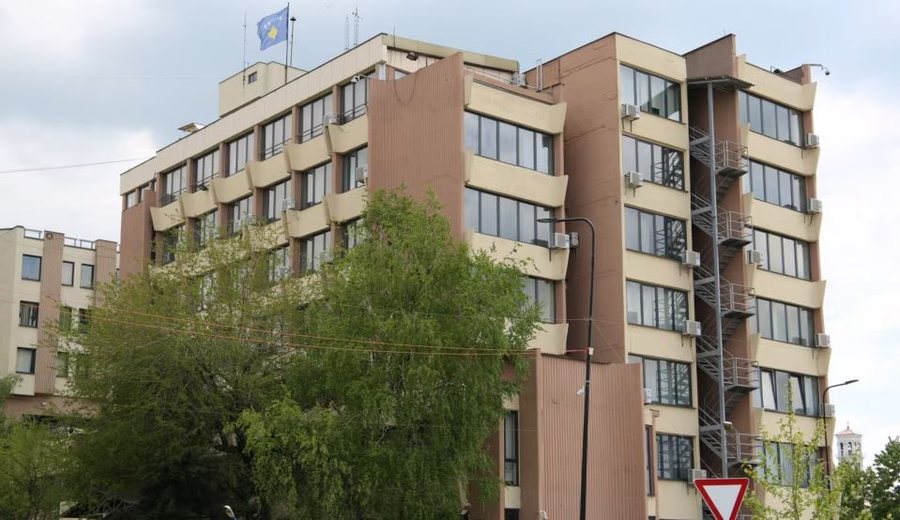
The Kosovo Special Prosecution Office has discontinued investigations into three Montenegrins arrested at the end of last year on suspicion of "inciting hatred and intolerance," Special Prosecution Office spokesperson Liridona Kozmaqi confirmed to Radio Free Europe on Friday.
Kozmaqi said that "the evidence provided has not proven that the defendants RKMJ and DL committed the criminal offense for which the Special Prosecution Office conducted an investigation."
Kosovo police arrested Rajko Krivokapić, 34, Marinko Jovanović, 24, and Dragutin Llalatović, 24, because the license plates of the vehicle they had used to go to the Dečani monastery on November 24, 2024, bore the inscription "Kosovo is Serbia."
The Kosovo authorities treat the inscriptions that present Kosovo as part of Serbia as provocation and incitement of national hatred and intolerance.
They have been held in detention since November 2024 by order of the Basic Court in Part.
Following their arrest in November, Montenegro's Defense Minister, Dragan Krapović, said that two of the three arrested were members of the Montenegrin Army, and "they are officially on medical leave."
"These are good and exemplary members of the army," Krapović said at the time.
Their arrest had prompted protest and reaction from the Serbian Orthodox Church in Montenegro, as well as from the mayor of Niksic, Marko Kovacevic, who is an official of the New Serbian Democracy (Nova Srpska Demokratija - NSD) party, part of the pro-Russian Democratic Front that recently disbanded.
At the time, the Serbian Orthodox Church in Montenegro said it had launched "a strong protest against the southern Serbian province for the arrest of believers," as well as a protest against Montenegrin authorities.
Pro-Serbian political parties in Montenegro, as well as the Serbian Orthodox Church, do not recognize Kosovo as an independent state, but consider it as territory of Serbia.
Montenegro recognized Kosovo's independence in 2008, during the government of the Democratic Party of Socialists, which was ousted from power in August 2020./ REL (A2 Televizion)











